Skincare can be a surprisingly complicated process. It’s the body’s largest organ, and it protects us from injury and infection. It is also subject to continual external stress, from UV rays to pollution, as well as everyday knocks and scrapes.
Besides this, many people are affected by skin conditions such as acne, eczema or psoriasis. As we get older, our skin becomes more fragile and is less elastic and smooth. We may start to notice fine lines, age spots, or a sagging jawline. Our skin can also be affected by stress levels, the changing seasons, or fluctuating hormones.
It’s no wonder that there is so much information out there about how best to care for our skin. Unfortunately, so much of it is confusing, contradictory, or just plain wrong. Here are some of the biggest skincare myths and misconceptions, and a look at the evidence-based facts.
Natural skincare methods are always better
There are many advocates of homemade skincare remedies, because they are assumed to be safer and gentler than synthetic products. However, natural ingredients such as lemon juice or baking soda can actually be too harsh for your skin and strip it of its natural oils, causing dryness and irritation.
Using olive oil or almond almond oil as a moisturiser is often recommended, but these substances will just sit on the surface of your skin rather than permeating the deeper layers, and can cause blocked pores that will lead to acne. Furthermore, food-based products will quickly develop bacteria, causing inflammation and spots.
If you have particular issues that you wish to address, it is much more likely that you will get satisfactory results by using products that have been developed by scientists and dermatologists and rigorously tested for safety and efficacy.
For a more in-depth approach, you may even wish to consider booking a consultation with a qualified skincare therapist, who may be able to recommend a specialised treatment such as a million dollar facial.
You only need anti-ageing products after 40
Most people only start to use anti-ageing skincare products when they reach their 40s or 50s, but experts recommend that you start prioritising them during your 20s and 30s. This is because the integrity of the collagen, which is the protein that keeps your skin looking plump and youthful, is already starting to break down.
Look for products that contain hyaluronic acid to maintain good hydration, and consider using retinoid creams. These are clinically proven to rejuvenate skin cell production, leading to younger and smoother looking skin.
Skincare is just about products
While daily cleansing, toning, and moisturising are the foundation of any skincare routine, looking after your skin is not just about applying products. Glowing skin also comes from the inside, and for truly great results it is important to take a holistic approach.
This means eating a well balanced diet, maintaining good levels of hydration, and managing stress levels. This will ensure that your body has all the nutrients it needs to keep the skin cells healthy, and it will guard against troublesome inflammation and dryness.
